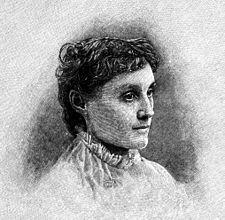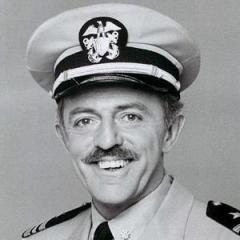Memorial Quotes - Page 3

Kennedy, John F. (1962). “Public Papers of the Presidents of the United States: John F. Kennedy, 1961”, p.176, Best Books on
Speech at Republican National Convention, Chicago, Ill., 7 July 1952
James Gates Percival, Erasmus Darwin North (1859). “The poetical works of James Gates Percival”, p.286
"The Czar's Soliloquy". Essay by Mark Twain, first published in The North American Review, No. DLXXX (p. 324), March 1905.
Quoted in John Henry Sherburne, Life and Character of the Chevalier John Paul Jones (1825).
All we have of freedom All we use or know This our fathers bought for us Long and long ago
Rudyard Kipling (2016). “Collected Works of Rudyard Kipling (Illustrated Edition): 5 Novels & 350+ Short Stories, Poetry, Historical Military Works and Autobiographical Writings from one of the most popular writers in England, known for The Jungle Book, Kim, The Man Who Would Be King”, p.4122, e-artnow (Open Publishing)
Message toWilliam Henry Harrison, 10 Sept. 1813. The source is Perry's dispatch from the U.S. brig Niagara to General Harrison, announcing that victory at the Battle of Lake Erie was secure. The dispatch was written in pencil on the back of an old letter; it is quoted in Robert B. McAfee, History of the LateWar in theWestern Country (1816). SeeWalt Kelly 2; Walt Kelly 3
Thomas Dunn English (1885). “The Boy's Book of Battle-lyrics: A Collection of Verses Illustrating Some Notable Events in the History of the United States of America, from the Colonial Period to the Outbreak of the Sectional War”
Richard Watson Gilder (1900). “Five Books of Song”
"The Natural History of Nonsense". Book by Bergen Evans, 1946.
In peace there's nothing so becomes a man as modest stillness and humility.
'Henry V' (1599) act 3, sc. 1, l. 1
There are no points of the compass on the chart of true patriotism.
Letter to Boston Commercial Club, 1879.
On thy grave the rain shall fall from the eyes of a mighty nation!
Thomas William Parsons (1866). “The magnolia [verse].”, p.29
Never in the field of human conflict was so much owed by so many to so few.
Speech in House of Commons, 20 Aug. 1940






